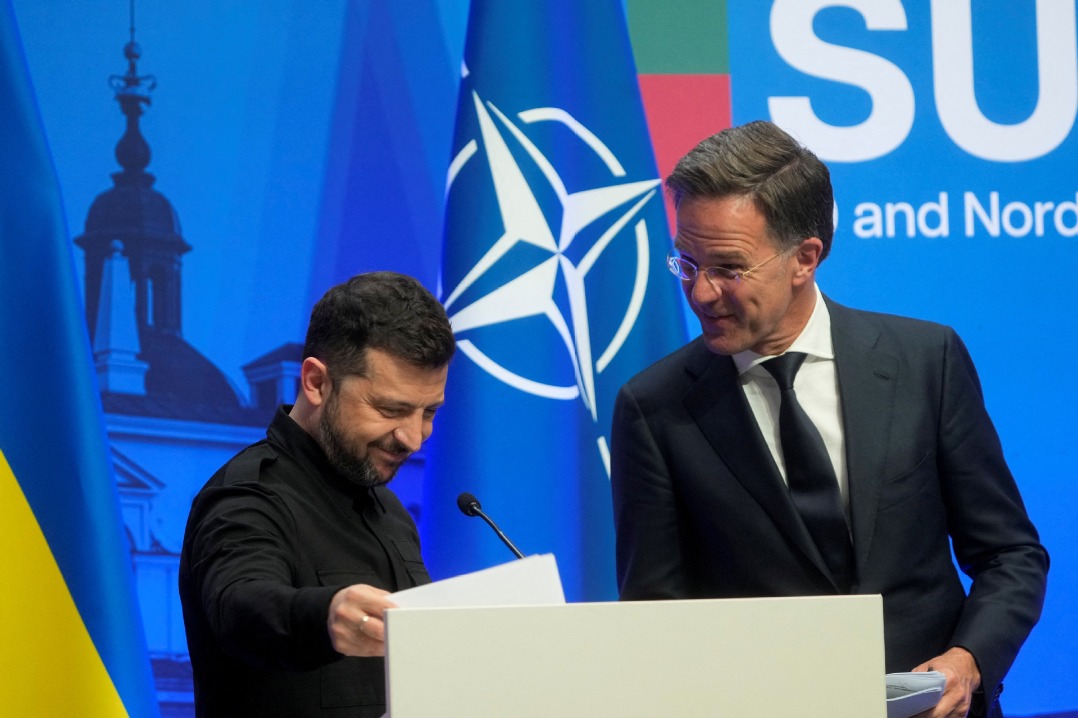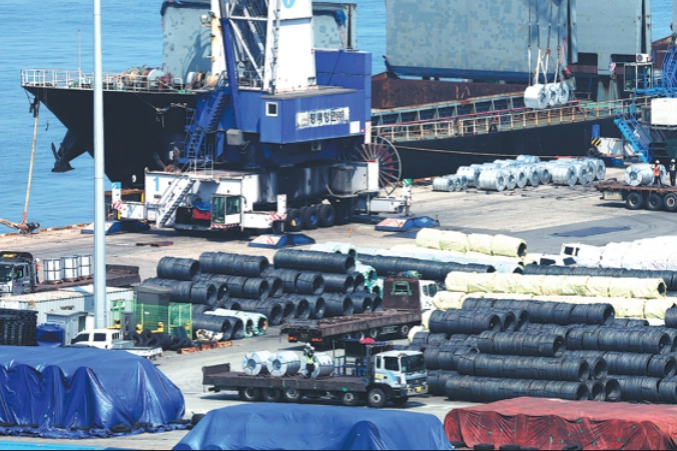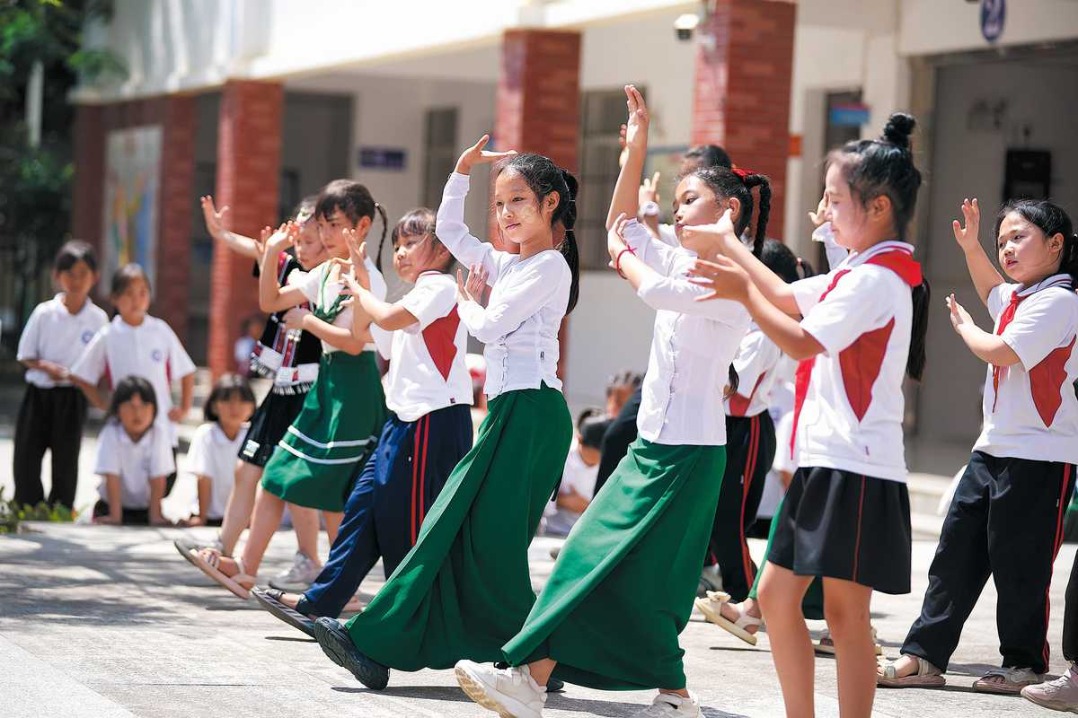Scholars, officials speak on the need to advance regional integration

Scholars and officials on Sunday called for greater solidarity and cooperation to steadily advance regional integration under the framework of the Regional Comprehensive Economic Partnership.
Speaking during a thematic dialogue at the 2025 RCEP Media & Think Tank Forum, participants explored practical ways to deepen cultural ties and strengthen mutual understanding across the region.
Tunyathip Saengsuwan, a senior officer at the RCEP Support Unit, stressed the need to enhance both the implementation and effective use of the agreement.
She noted that one of RCEP's biggest challenges is underutilization. A major reason, she said, lies in the complexity of some provisions and procedures, including rules of origin and non-linear tariff reduction schedules.
Such technical elements are often difficult for businesses — especially small and medium-sized enterprises — to understand, which limits their ability to fully benefit from the pact, she said.
Saengsuwan called on RCEP member states, along with businesses, think tanks, media outlets and academic institutions, to work more closely to ensure the agreement is fully implemented and its potential realized.
"Globalization is not only about economic integration, but also about deepening people-to-people ties," said Liu Gang, director of the Xinhua News Agency Research Institute. "Mutual learning among civilizations and an appreciation of cultural diversity play an irreplaceable role in facilitating economic and trade exchanges."
Although the 15 RCEP members vary widely in development stages, economic size, social systems and historical and cultural backgrounds, Liu said their shared aspiration for common prosperity has united them.
By "seeking common ground while shelving differences", Liu expressed confidence that the countries can address geopolitical or historical tensions and unlock meaningful opportunities for collective growth.
He added that China's initiatives — such as promoting high-quality Belt and Road Initiative cooperation and building a community with a shared future for humanity — are aimed at strengthening mutual understanding and trust, while fostering a more closely knit, open and inclusive regional cooperation framework.
At a time when protectionism and unilateralism are disrupting the global economic and trade order, Khin Maung Zaw, joint secretary of the Myanmar Institute of Strategic and International Studies, welcomed the unity shown by several major Asian economies under the RCEP framework in tackling shared challenges.
He expressed hope that countries with strengths in production, supply chains, value chains and infrastructure would support other members in achieving inclusive and equitable development across the region.
Kris Mada, deputy editor of the international section at Kompas Morning Daily in Indonesia, emphasized the importance of helping the public understand the real-world benefits of RCEP. Doing so, he said, is essential to building broad-based consensus and public support.
RCEP has already delivered tangible gains for ordinary people, Mada said, including opportunities to study abroad, receive scholarships, find jobs overseas and access broader markets for their products.
He encouraged RCEP members to make the pact more attractive by expanding openness and improving connectivity — for example, by offering more competitive scholarships and promoting tourism.
Official data shows that a vocational education cooperation project along the China-Laos Railway has trained more than 2,000 railway technicians for Laos. Since the railway opened, it has carried more than 20 million passengers and significantly boosted cultural and tourism development along the route.

































